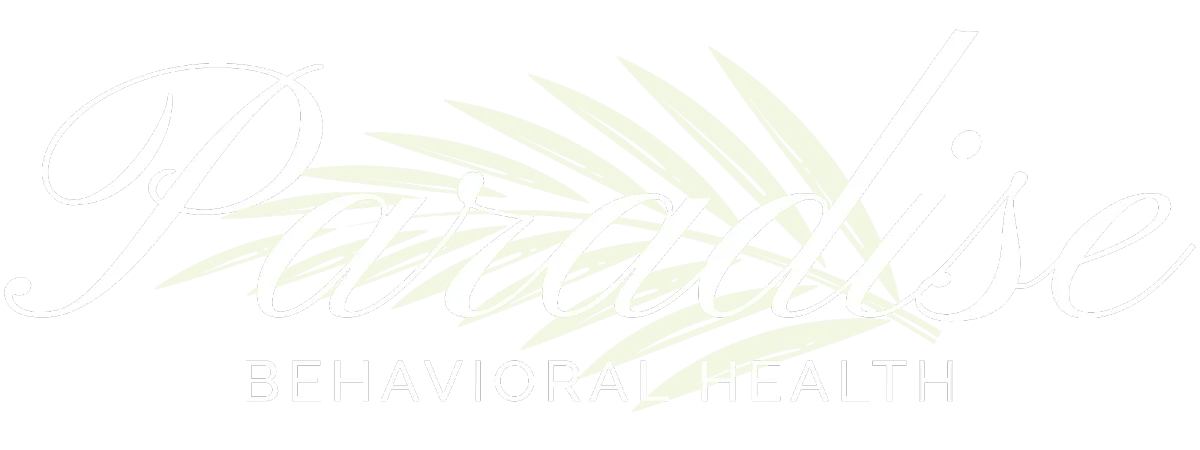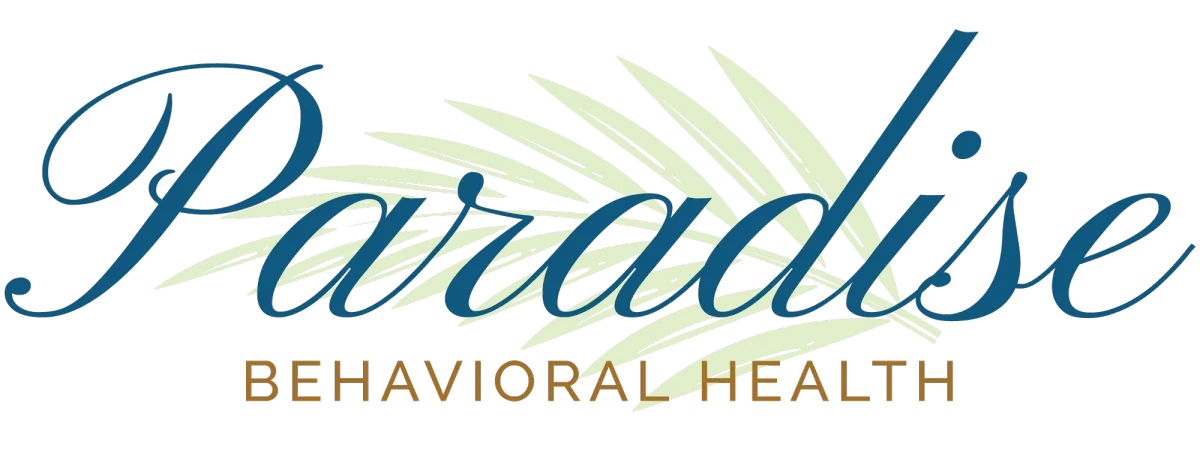Find Relief for PTSD at paradise
Don’t let PTSD control your life any longer. With Paradise Behavioral Health, you can find the relief and renewal you deserve. Schedule your appointment today and take the first step toward healing and reclaiming your life.
WHY TREAT PTSD?

PTSD can take a devastating toll on your life, affecting your relationships, your career, and your overall well-being. But with the right treatment, you can learn to manage your symptoms and regain control.
At Paradise Behavioral Health, we’ll work with you to develop a personalized treatment plan that addresses your unique needs and helps you get your life back on track. Whether you’re struggling with flashbacks, nightmares, anxiety, or depression, we’re here to help.
Contact us today to learn more about our PTSD treatment services and take the first step toward healing.
OUR PTSD TREATMENT SERVICES
At Paradise Behavioral Health, we understand that PTSD affects everyone differently. That’s why we offer a range of evidence-based treatments tailored to meet your unique needs.
1. Brain Well
We get to the root of the problem through a series of labs and a personalized treatment plan. Treatment plans include HRT, nutrition, supplementation, lifestyle habits, and cognitive behavioral therapy.
2. CBT
Cognitive Behavioral Therapy, a type of talk therapy that helps you identify and change negative thought patterns and behaviors
3. EMDR
Eye Movement Desensitization and Reprocessing, a therapy that uses rapid eye movements to help you process traumatic memories and reduce their impact
4. Medication
We will create a personalized medication plan depending on your type of depression, medication history, and genetic testing results. Medications may include anti-depressants, mood stabilizers, vitamins, and supplements.
THE MOST COMMON TYPES OF PTSD
Post-traumatic stress disorder (PTSD) can manifest in various ways depending on the nature of the traumatic event experienced. Some of the most common types of PTSD include:
Combat PTSD
This type of PTSD is commonly seen in military personnel who have experienced trauma while on active duty.
Sexual assault PTSD
People who have experienced sexual assault, including rape, molestation, or harassment, may develop this type of PTSD.
Natural disaster PTSD
Individuals who have experienced or witnessed natural disasters, such as earthquakes, hurricanes, or floods, may develop this type of PTSD.
Childhood trauma PTSD
Individuals who have experienced physical, emotional, or sexual abuse, neglect, or other traumatic events during childhood may develop this type of PTSD.
Medical trauma PTSD
Individuals who have undergone surgery, experienced a life-threatening illness or injury, or witnessed a traumatic medical event may develop this type of PTSD.
Accidental trauma PTSD
Individuals who have experienced a traumatic accident, such as a car crash or a workplace accident, may develop this type of PTSD.
It’s important to note that PTSD can manifest differently in different individuals and that some people may experience symptoms that do not fit neatly into one of these categories. If you or someone you know is experiencing symptoms of PTSD, it’s important to seek professional help.
REVIEWS
FREQUENTLY ASKED QUESTIONS
Is telemedicine an option for treating PTSD?
We prefer for your initial visit to be in-office if possible, allowing you to meet with your provider face to face. However, we are able to offer a telemedicine appointment through the HIPAA compliant Zoom app if you are not able to come into our office in Punta Gorda.
What are the most effective treatments for PTSD?
The most effective treatments for PTSD typically include a combination of therapy, medication, and lifestyle changes. Different people may respond better to different types of therapy, such as cognitive-behavioral therapy (CBT), eye movement desensitization and reprocessing (EMDR), or exposure therapy. Medications such as selective serotonin reuptake inhibitors (SSRIs) may also be prescribed to help alleviate symptoms. It’s important to work with a qualified mental health professional to develop a personalized treatment plan.
How long does it take to recover from PTSD?
Recovery from PTSD is a gradual process that can take several months to several years, depending on the severity of the symptoms and the individual’s response to treatment. It’s important to focus on progress rather than a specific timeline and to be patient and persistent in working towards recovery.
Will I ever be cured of PTSD?
PTSD is a chronic condition, which means that symptoms can persist even with treatment. However, with effective treatment and ongoing management, symptoms can be reduced and quality of life can be improved.
Can PTSD come back after treatment?
PTSD symptoms can recur after treatment, especially during times of stress or exposure to triggers. It’s important to continue with maintenance therapy and self-care strategies to prevent symptom recurrence.
Are there any alternative treatments for PTSD?
There are several alternative treatments that have shown positive results in treating PTSD, including HRT (hormone replacement therapy), nutrition, exercise, supplementation, and meditation & mindfulness activites. While these treatments may not be effective for everyone, they can be a helpful addition to a comprehensive treatment plan. Please ask our staff about the Brain Well program for treating PTSD.
How often will I see my psychiatrist and therapist?
This will vary depending on your individual needs treatment plan. Typically, you will see your psychiatrist/med manager once a month and your therapist once a week, or as recommended.
Do I need to see a psychiatrist and therapist?
The most effective treatment plans for PTSD do include you seeing a psychiatrist and therapist. A psychiatrist or med manager will be the one to decide the best treatment plan for you. A therapist provides talk therapy. They are there to listen and help you find ways to cope.
Yes! We Are Accepting New Patients.
Live the life you deserve. Get started today by filling out our new patient application. In-office & telemedicine appointments are available.

EXPLORE
CONTACT
Office Hours
Monday - Thursday:
9am-12pm & 1pm-5pm
Friday - Sunday: Closed
SUPPORT
If you need immediate support:
National Suicide Prevention Hotline: Call 988
Crisis Text Line: Text HOME to 741741


© 2026 All Rights Reserved Paradise Behavioral Health | Privacy Policy
